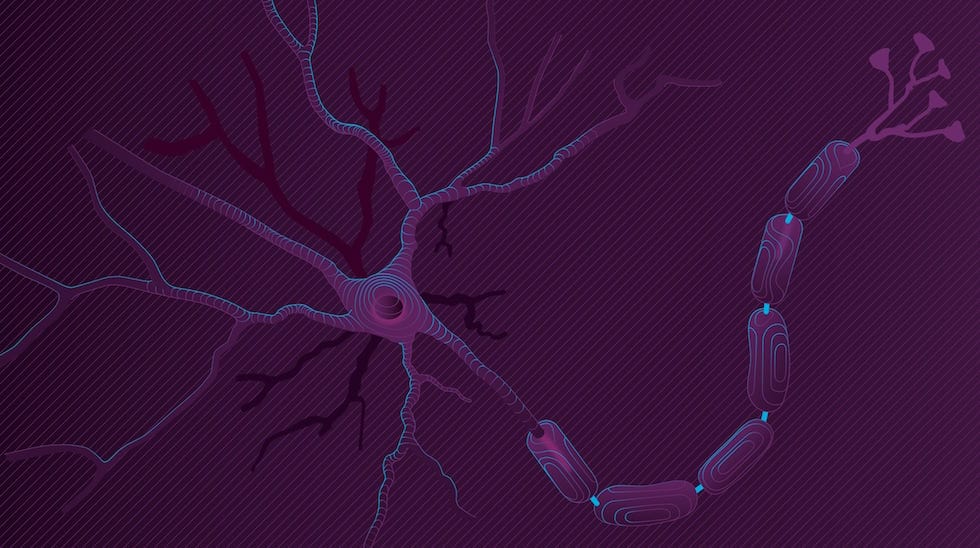Huntington’s Disease (HD)
What is HD?
HD is a rare, fatal, genetic disease that causes the breakdown of nerve cells in the brain over time. HD affects a person’s mental, behavioral and physical abilities, including their ability to reason, walk and speak.1
Who is affected by HD?
In the U.S., approximately 40,000 people may have manifest HD and more than 200,000 people at risk of inheriting the disease.1, 5-6
HD is caused by a single defective gene called huntingtin (HTT). The mutation in the HTT gene leads to the production of a toxic mutant huntingtin protein.2 HD is an autosomal dominant disorder, meaning that every child of a parent with HD has a 50% chance of inheriting the faulty gene and developing the disease.3
What are the symptoms of HD?
There is a wide range of signs and symptoms of HD and they can vary greatly from person to person3. Symptoms can include:1,3
- Depression and changes in behavior and mood
- Decline in thinking and reasoning skills
- Uncontrolled movements and impaired walking
- Difficulty with speech and swallowing
- Weight loss
Most people with HD develop signs and symptoms between the ages of 30 to 50 years.1 HD is a progressive disease, so a person's symptoms gradually worsen over 10 to 25 years, ultimately leading to death.1
Living with HD
There are several organizations that support people with HD and their families through education, advocacy, services and research, including Huntington's Disease Society of America (HDSA), Help 4 HD International and The Huntington Study Group (HSG).
While research is ongoing, there are currently no approved, disease-modifying therapies that can slow, stop, or reverse the progression of HD. However, there are medicines that can help address motor symptoms and changes in mood or behavior, as well as other interventions, such as speech therapy, physical therapy, and occupational therapy, to help manage the challenges of the disease.4
Learn about Genentech’s clinical trials in Huntington’s Disease here. For any questions or additional detail about ongoing clinical trials, please contact the Clinical Trial Information Support line at 1-888-662-6728. HDSA's HD Trial Finder is another helpful tool to identify an HD clinical trial.
1 Huntington's Disease Society of America (HDSA). What is HD. https://hdsa.org/what-is-hd/. Accessed March 7, 2019.
2 National Institute of Health (NIH). Huntington disease. https://ghr.nlm.nih.gov/condition/huntington-disease#genes. Accessed March 7, 2019.
3 Mayo Clinic. Huntington's disease. https://www.mayoclinic.org/diseases-conditions/huntingtons-disease/symptoms-causes/syc-20356117. Accessed March 7, 2019.
4 Mayo Clinic. Huntington's disease. https://www.mayoclinic.org/diseases-conditions/huntingtons-disease/diagnosis-treatment/drc-20356122. Accessed March 7, 2019
5 Yohrling G, et al. Huntington Study Group Annual Meeting; November 7-9, 2019; Sacramento, CA.
6 United States Census Bureau. (2018).

